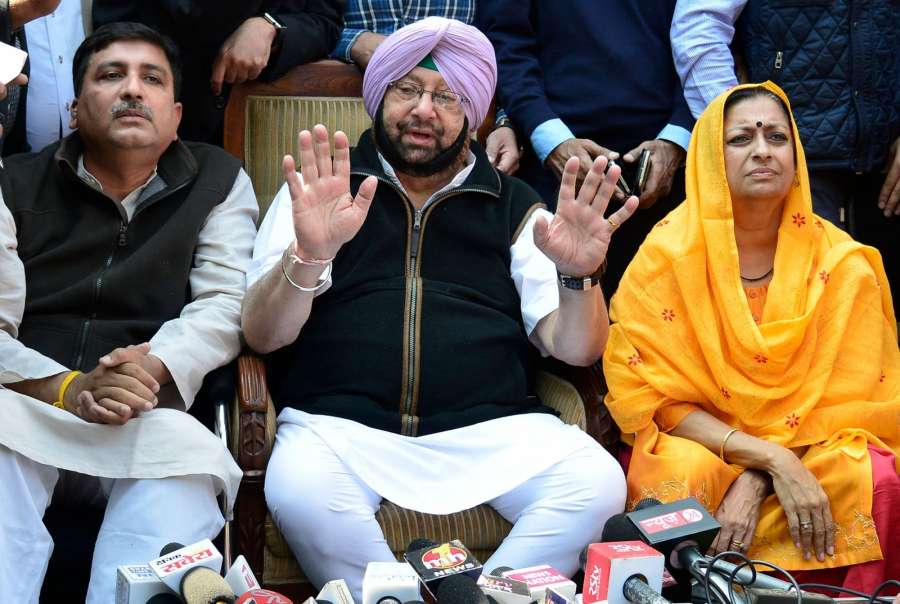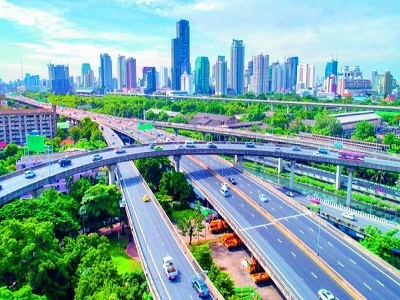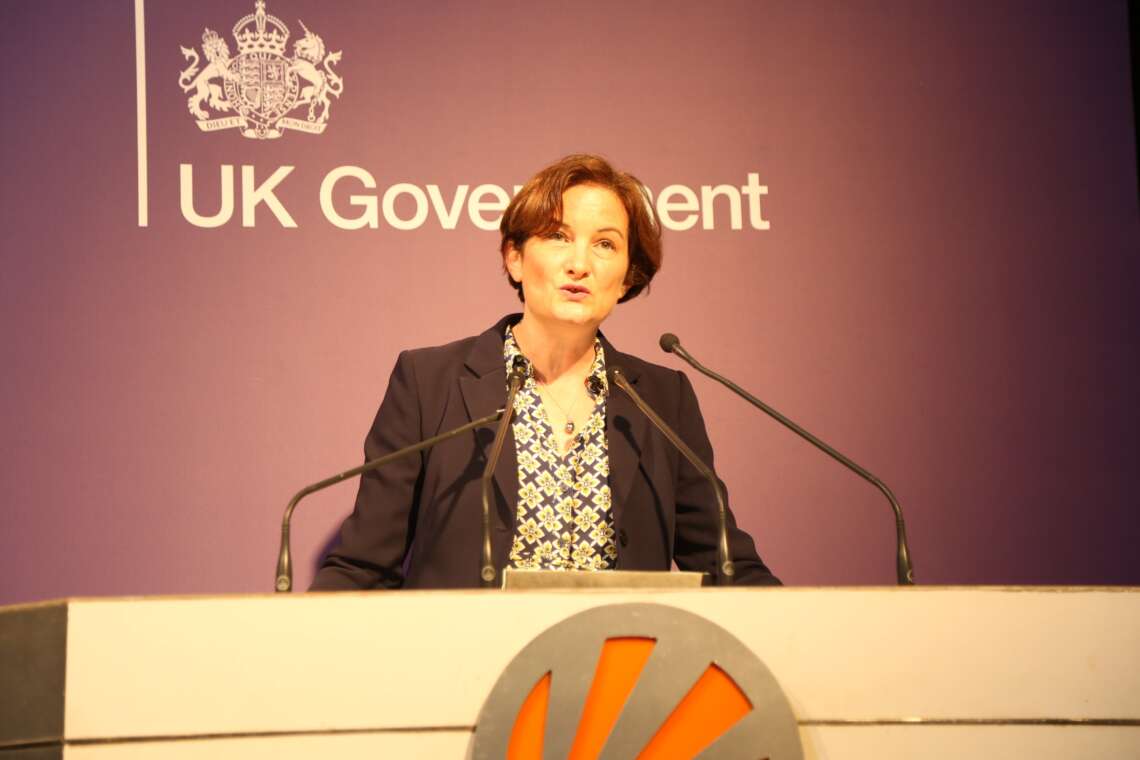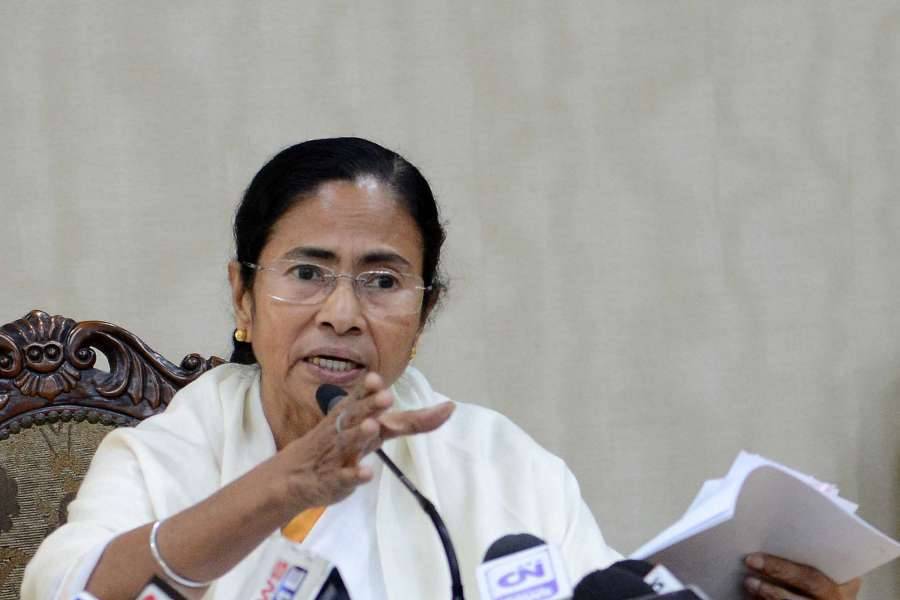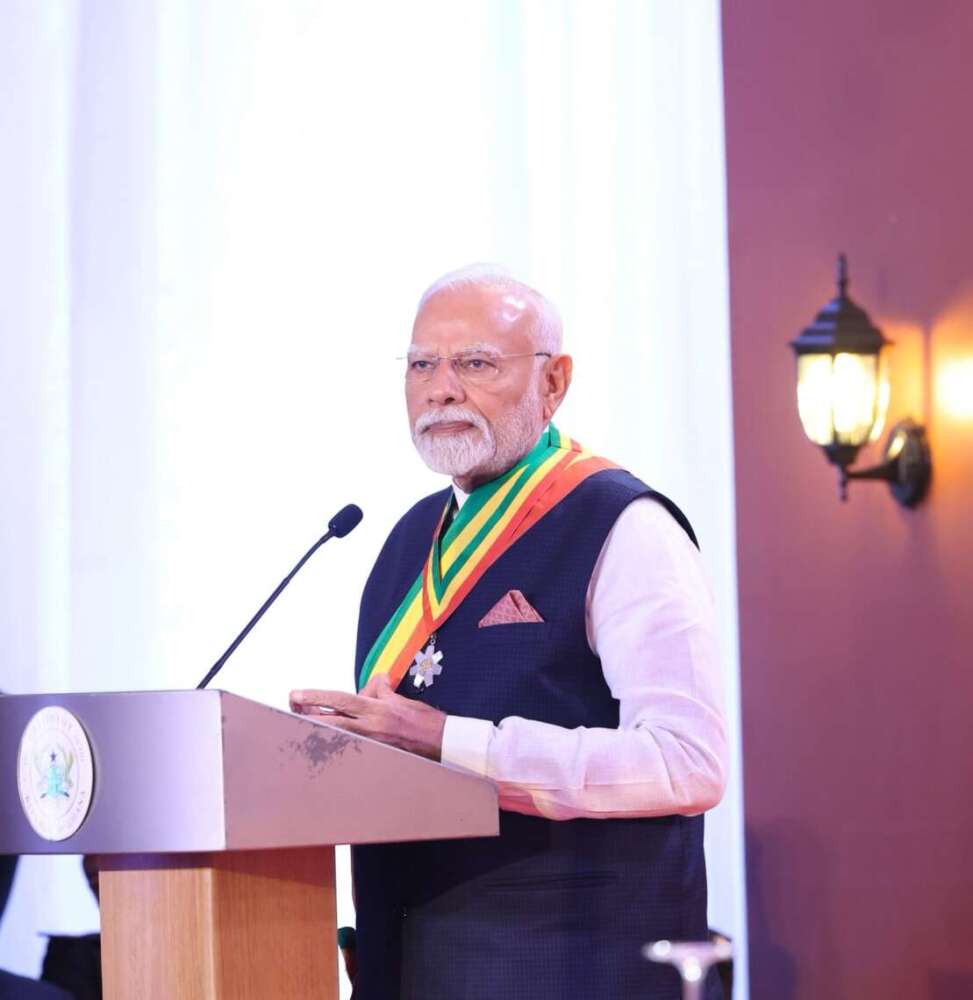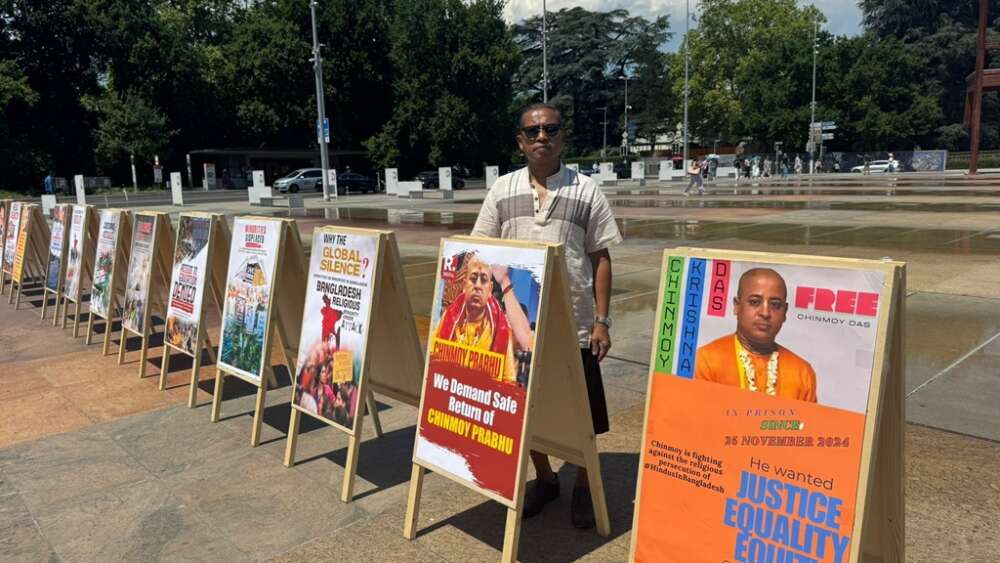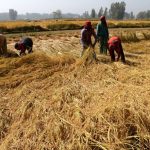Even the government offices and banks will work at 50 percent strength except those involved in Covid management…reports Asian Lite News.
Making the restrictions tough owing to the coronavirus surge, the Punjab government on Sunday said nobody would be allowed to enter the state without a negative Covid report not more than 72 hours old or a vaccination certificate over two weeks old.
The Punjab government announced not more than two persons can travel in a car, 50 per cent staff strength at government offices and a negative coronavirus test report must for those entering the state as part of added curbs amid rising COVID-19 cases and fatalities.
Also, all non-essential shops would be closed in the state till May 15.
Even the government offices and banks will work at 50 per cent strength except those involved in Covid management.
All four-wheeler vehicles, including cars and taxis, won’t be allowed to have more than two passengers.
Vehicles carrying patients to hospitals have been exempted. No pillion riders on motorcycles and scooters except those of the same family and living in the same house, reads a notification.
No gathering of more than 10 people allowed even for marriage, cremations or funerals.
The state will see daily night curfew from 6 p.m. to 5 a.m. and weekend curfew from 6 p.m. on Friday till 5 a.m. on Monday.
All bars, cinema halls, gyms, spas, swimming pools, coaching centres and sports complexes will be closed.
The restaurants, cafes, coffee shops, dhabas and fast-food outlets can only function for home delivery till 9 p.m.
An appeal would also be made to farmer unions and religious leaders not to hold gatherings and restrict the number of protestors.
With a ban on social, cultural, sports and other gatherings already in place, there will also be a complete ban on government functions, such as inaugurations, foundation stone laying ceremonies unless permission of the deputy commissioner has been obtained.
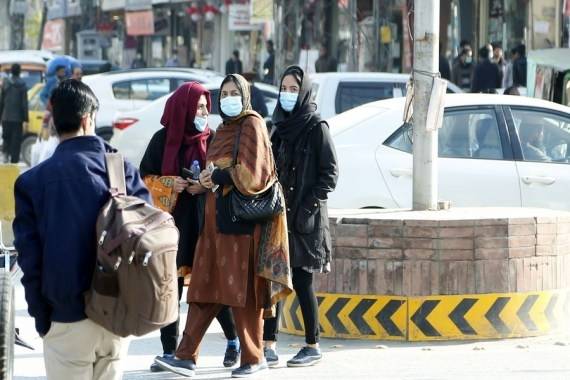
All weekly markets, such as apni mandis, to be closed.
All educational institutes, including schools and colleges, to remain closed but the teaching and non-teaching staff of government schools to attend duty.
Punjab is among the worst-hit states in the second wave of the pandemic. On Saturday, it registered 7,041 fresh COVID-19 cases, the highest in a day, bringing the infection count to 3,77,990, while 138 more fatalities took the toll to 9,160.
Also Read-Anti farm bill agitations hit freight train services in Punjab


